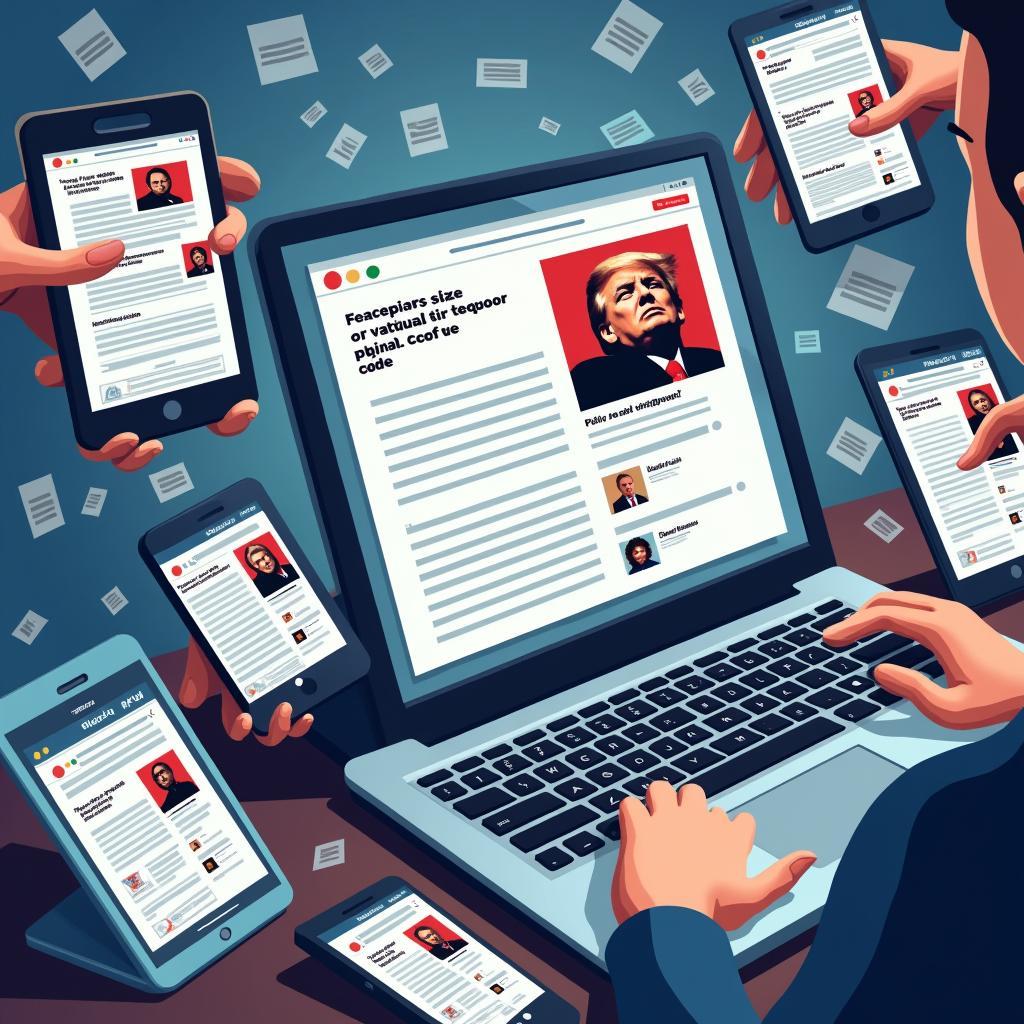The topic of disinformation campaigns and their impact on electoral integrity has become increasingly prevalent in IELTS Writing Task 2 examinations. Based on analysis of past papers and current trends, this theme appears in approximately 15% of opinion-based essays, particularly under the categories of technology, media, and democracy.

Analysis of Question Types
Let’s examine one of the most common question formats on this topic:
Some people believe that the spread of false information online during election periods should be strictly controlled by governments. Others argue this would limit freedom of expression. Discuss both views and give your opinion.
Key Requirements:
- Discuss two opposing viewpoints
- Present balanced arguments
- Provide personal perspective
- Support with relevant examples
Band 9 Sample Essay
The proliferation of online disinformation during electoral campaigns has sparked debate about whether governments should implement strict controls or preserve unrestricted freedom of expression. While both perspectives have merit, I believe a balanced approach combining regulation with digital literacy education is essential.
Those advocating for governmental control argue that unchecked false information can severely undermine democratic processes. For instance, during recent elections in several Asian countries, coordinated disinformation campaigns on social media platforms significantly influenced voter behavior through manipulated statistics and fabricated scandals. Such interference can distort public opinion and prevent citizens from making informed choices based on factual information.
However, opponents contend that governmental regulation of online content could become a tool for censorship. They emphasize that freedom of expression is fundamental to democratic societies, and any restrictions could be misused to suppress legitimate political discourse and opposition voices. This concern is particularly relevant in regions where democratic institutions are still developing.
In my view, the solution lies in implementing targeted measures that address harmful disinformation while protecting legitimate political speech. Governments could establish independent fact-checking bodies and require social media platforms to implement transparent content moderation policies. Simultaneously, investing in digital literacy education would enable citizens to critically evaluate online information and identify misleading content.
Examples from countries like South Korea demonstrate the effectiveness of this balanced approach. Their combination of specific anti-disinformation laws with comprehensive digital literacy programs has helped maintain electoral integrity without significantly compromising free speech.
Band 6.5 Sample Essay
In today’s digital age, false information during elections is a big problem. Some people think governments should control it strictly, but others worry about freedom of speech. I will discuss both sides and give my opinion.
People who support government control say it is important because fake news can cause problems in elections. When people share wrong information on Facebook or WhatsApp, many voters might believe it and vote differently. This is not good for democracy because people should make choices based on true information.
On the other hand, some people think government control is dangerous. They say it might stop people from sharing their real opinions about politics. If the government has too much power to control information, they might use it to help themselves win elections.
In my opinion, we need some rules but not too strict ones. Governments should work with social media companies to stop very dangerous fake news, but they should not control everything people say online. Also, schools should teach students how to check if information is true or false.
For example, in my country, some websites check if political news is true, and this helps people know what to believe. But the government does not block all posts they don’t like, which is good for freedom of speech.
Analysis of Band Scores
Band 9 Essay Features:
- Sophisticated vocabulary and complex structures
- Clear organization and cohesion
- Well-developed arguments with specific examples
- Balanced discussion with nuanced opinion
Band 6.5 Essay Features:
- Basic but clear vocabulary
- Simple but mostly accurate grammar
- Some development of ideas
- Less sophisticated examples and analysis
Key Vocabulary
- disinformation (n) /dɪsˌɪnfərˈmeɪʃən/ – false information deliberately created to deceive
- electoral integrity (n) /ɪˈlektərəl ɪnˈtegrəti/ – fairness and accuracy of election processes
- proliferation (n) /prəˌlɪfəˈreɪʃən/ – rapid increase or spread
- fabricated (adj) /ˈfæbrɪkeɪtɪd/ – invented or created falsely
- coordinated (adj) /koʊˈɔːrdɪneɪtɪd/ – organized and planned together
- discourse (n) /ˈdɪskɔːrs/ – written or spoken communication or debate
- manipulated (adj) /məˈnɪpjuleɪtɪd/ – controlled or influenced cleverly or unscrupulously
- transparent (adj) /trænsˈpærənt/ – open and clear; easily understood
For practice, try writing your own essay addressing how different age groups respond to online disinformation during elections, or discuss the role of international social media platforms in preventing election-related misinformation. Share your essays in the comments for feedback and discussion.